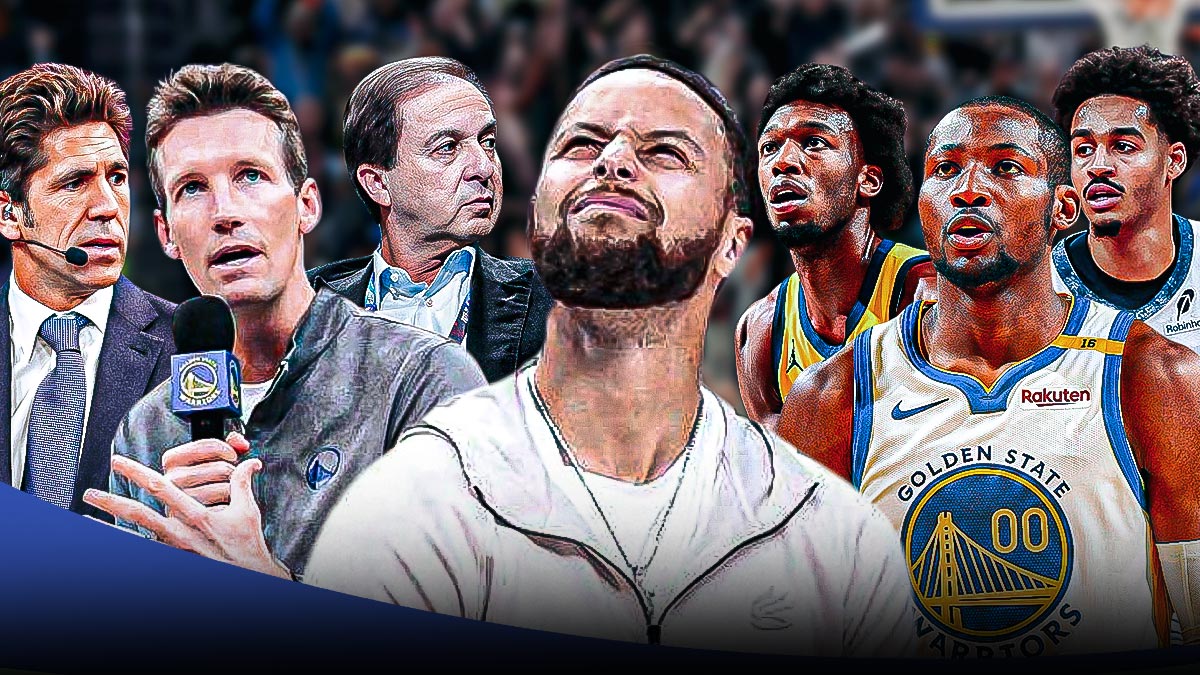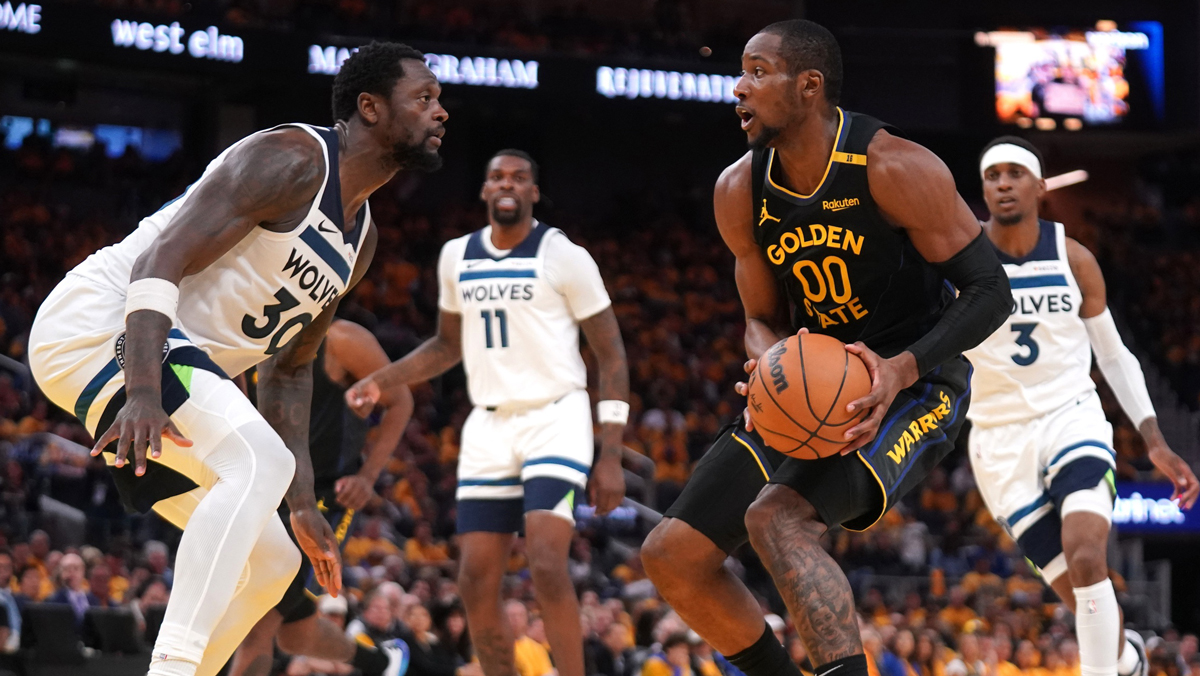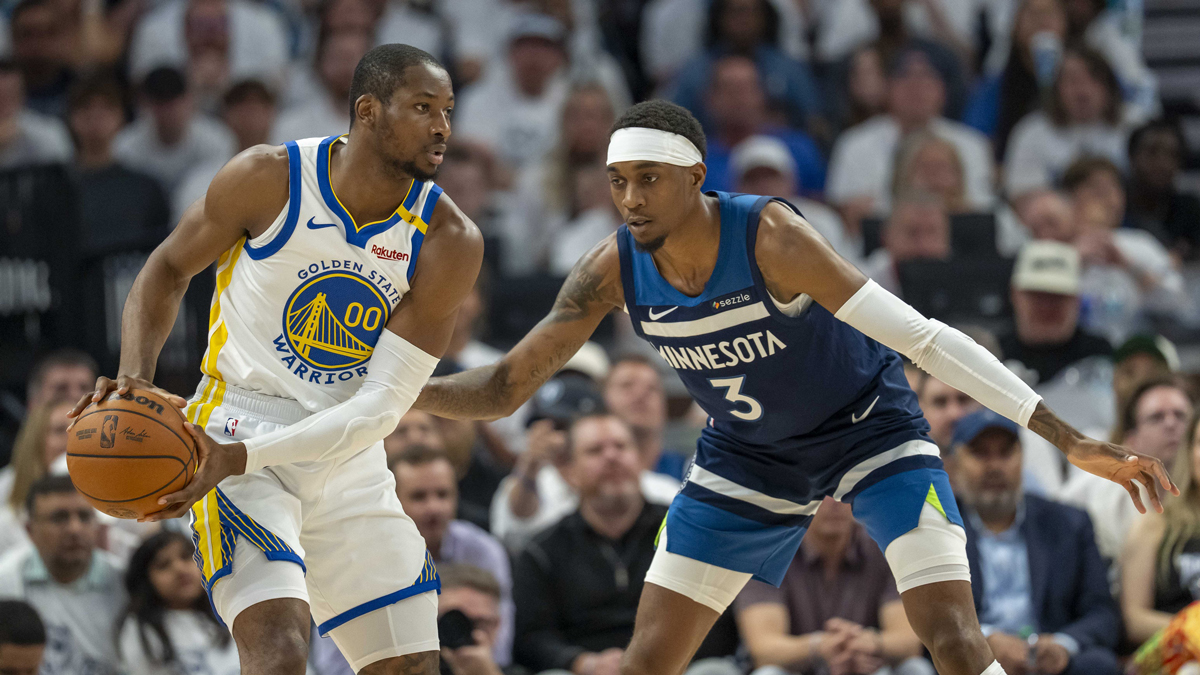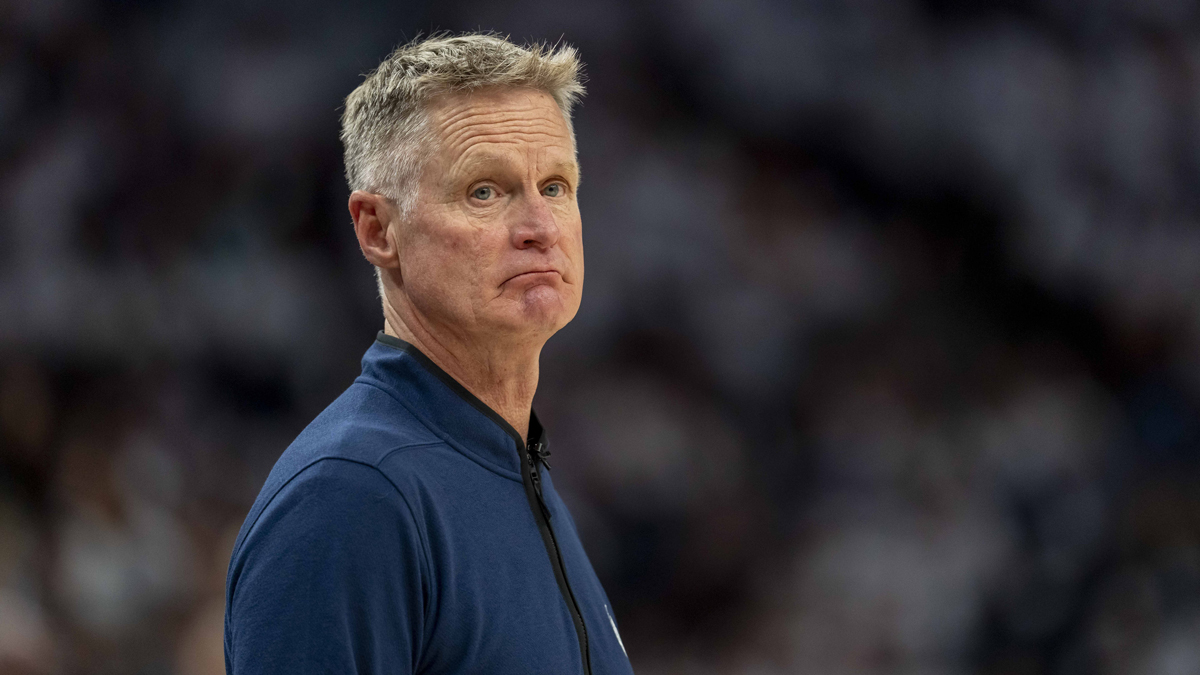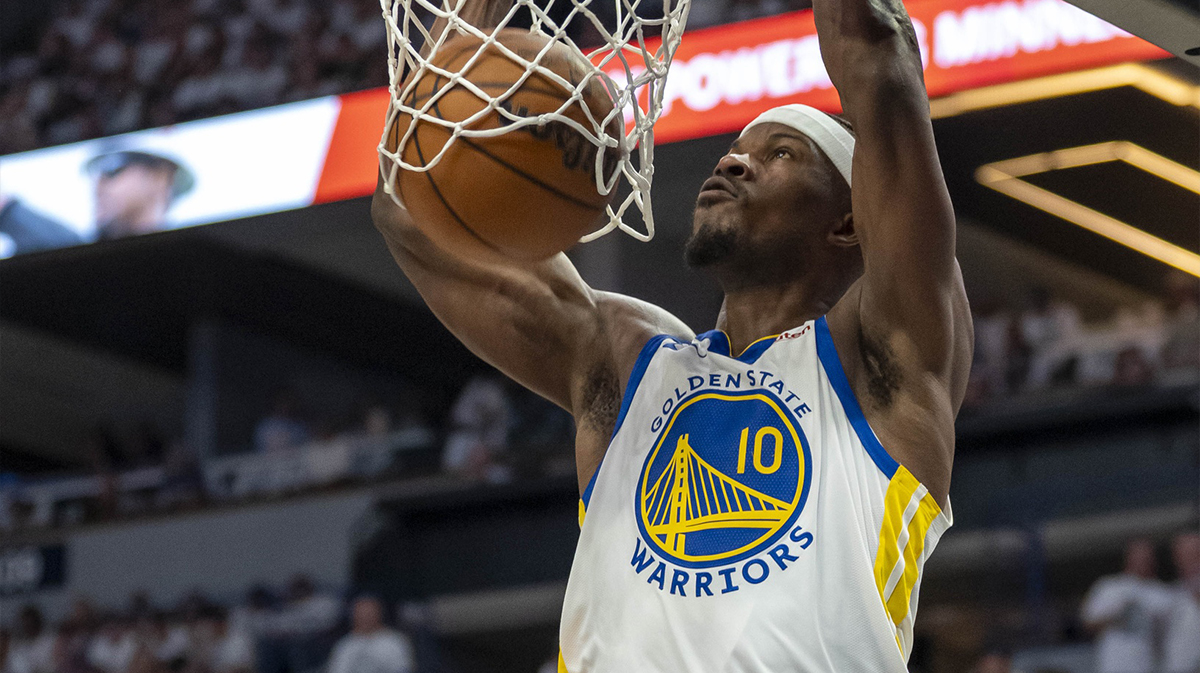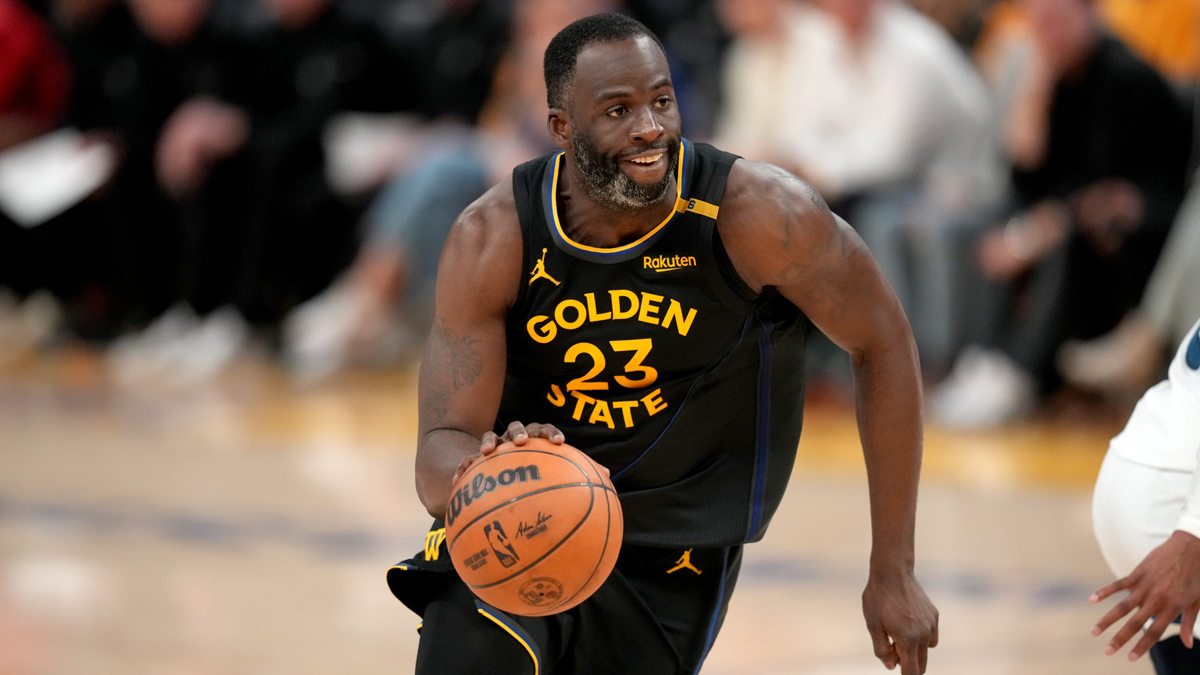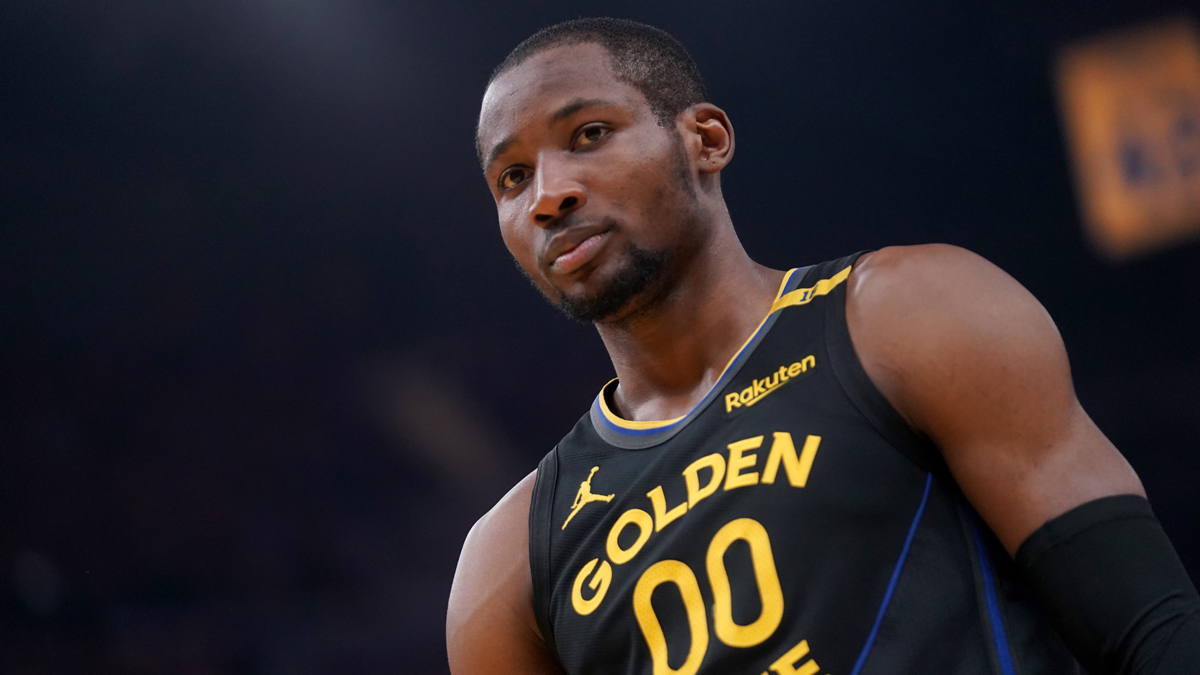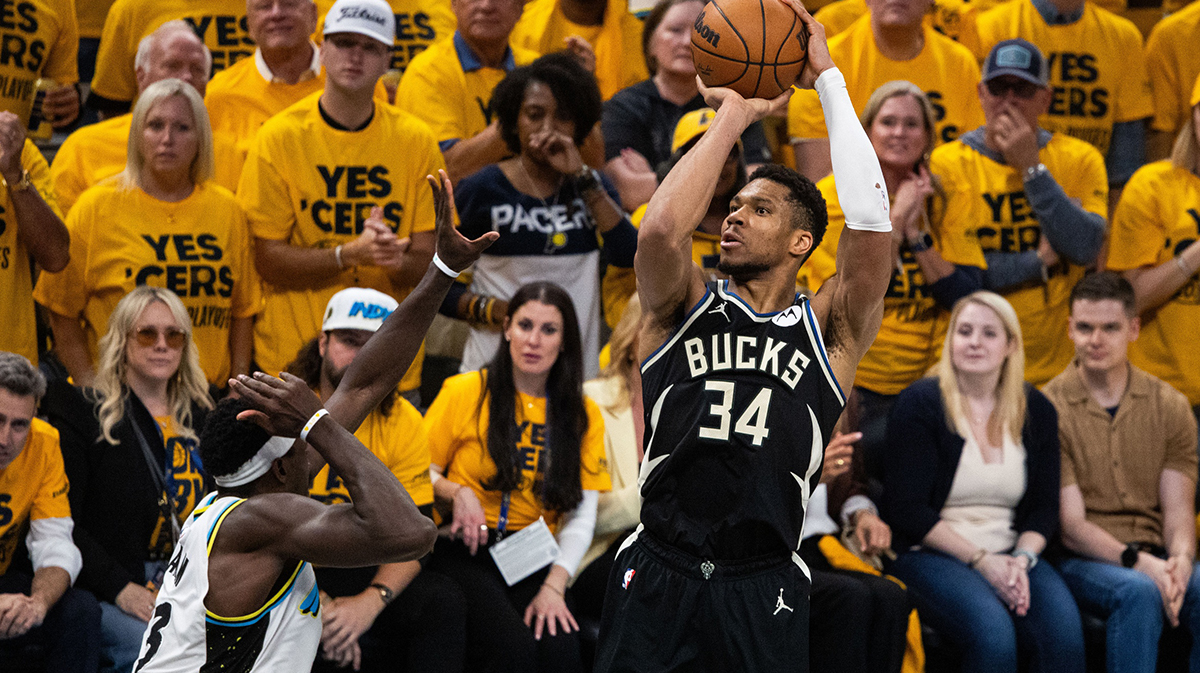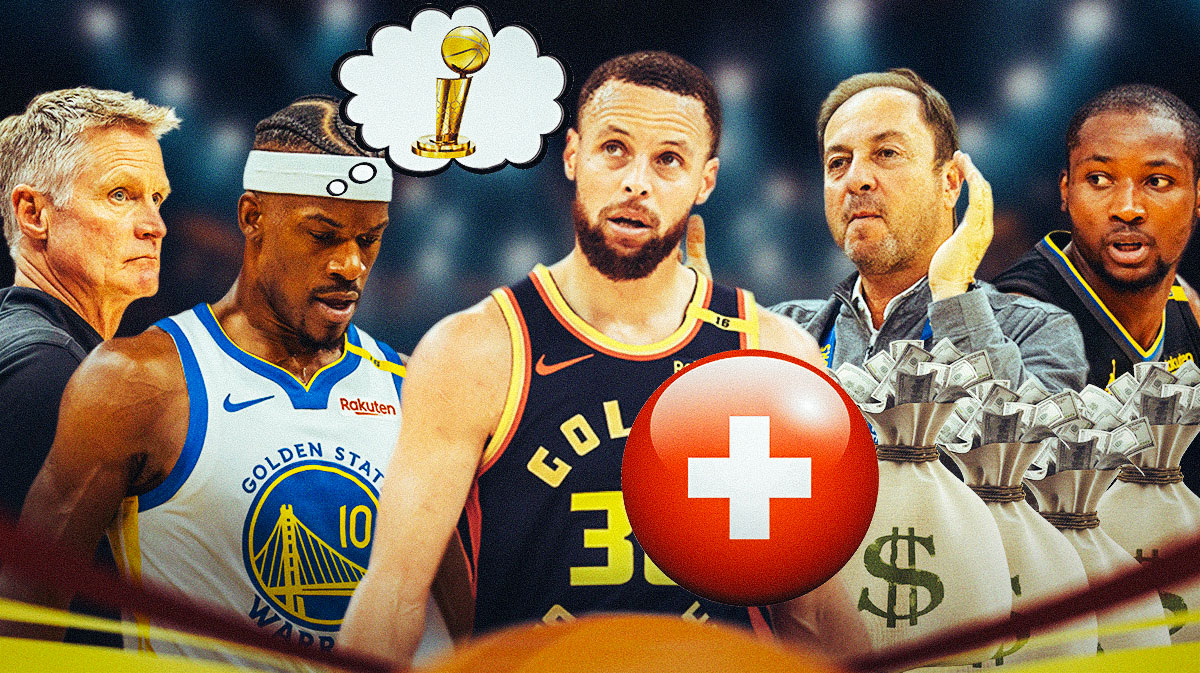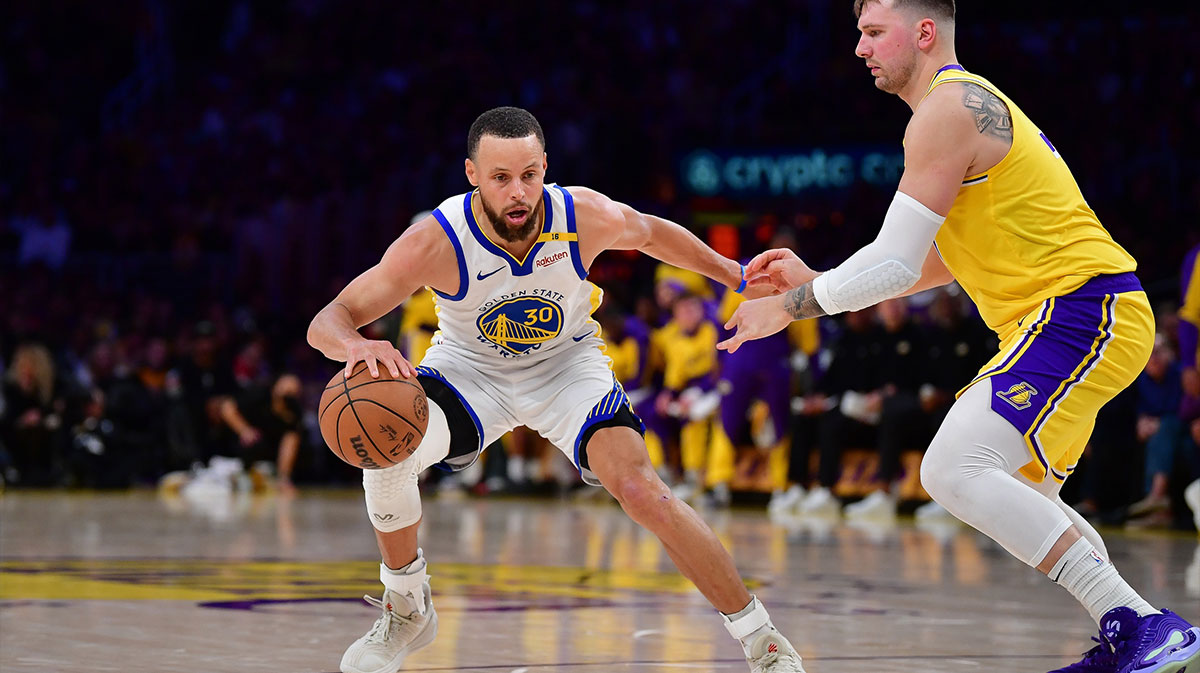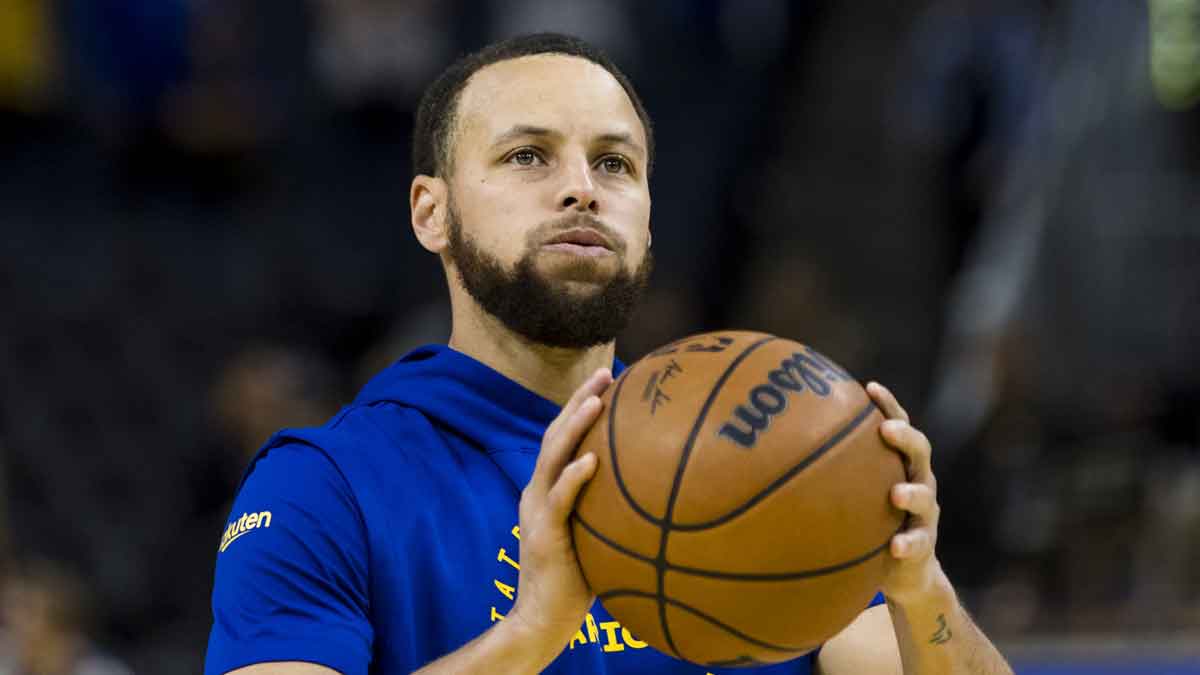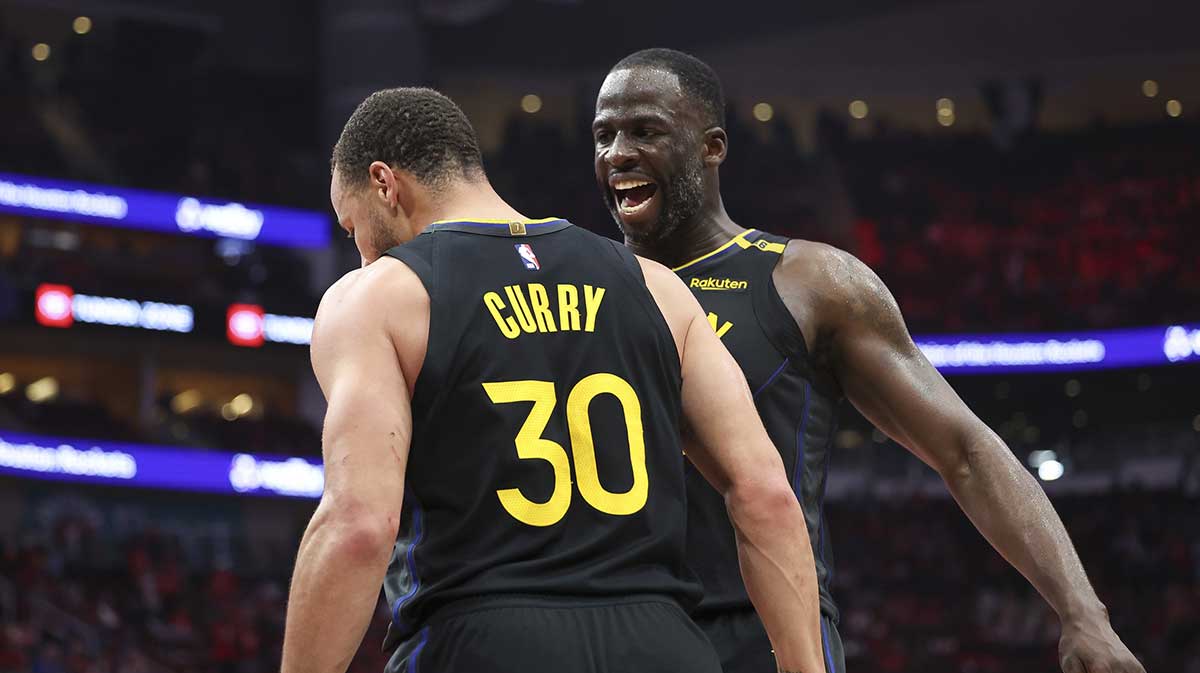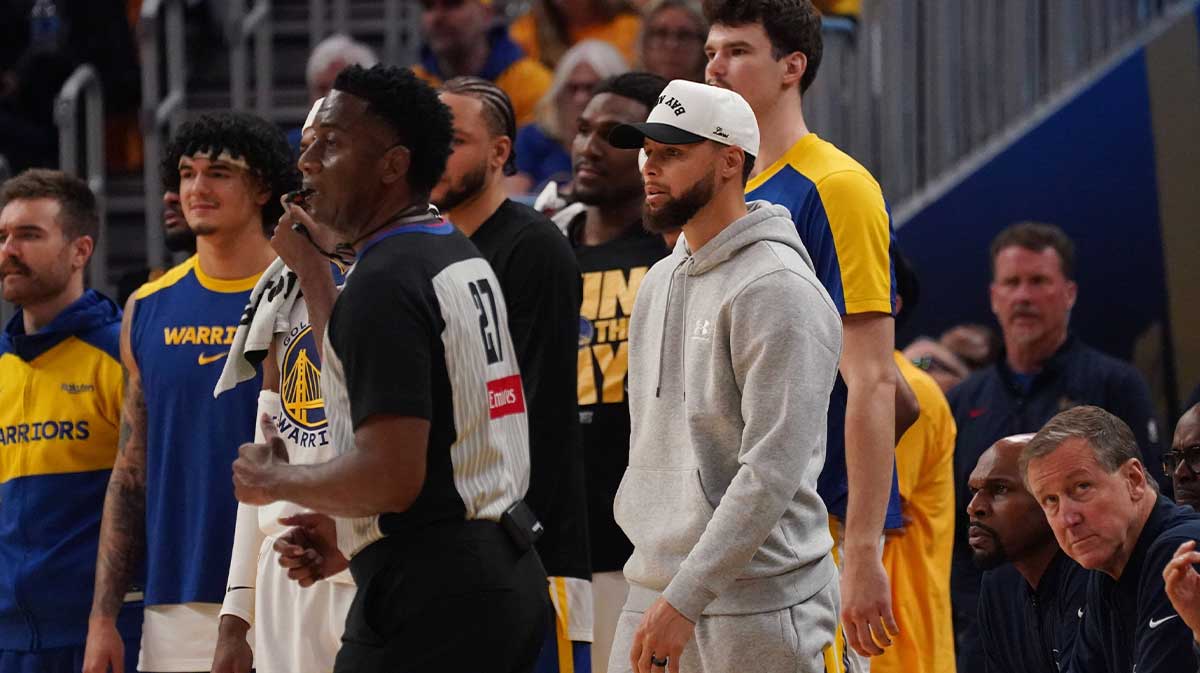Steve Kerr, it turns out, didn't need the benefit of hindsight to ultimately deduce whether his team could've won the title had Stephen Curry avoided injury. Less than an hour after the Golden State Warriors' season officially came to a close, the nine-time NBA champion was already comfortable lamenting their realistic opportunity to raise the Larry O'Brien Trophy come June.
“Umm, yes. The next few days, you know,” a stammering Kerr began when asked Wednesday night if the full-strength Dubs had what it took to be the league's last team standing. Then he suddenly caught himself, exchanging typically measured season-ending platitudes for what Kerr knew to be true soon after Golden State acquired Jimmy Butler.
“Actually, I don’t even have to think,” he corrected. “I know we had a shot. I know we could’ve gone the distance. Maybe we wouldn’t have. But it doesn’t matter. Again, everything in the playoffs is about who stays healthy and who gets hot.”
Kerr's postgame about-face might've been a bit out of character, but still came as no surprise. It was clear from tipoff of the Warriors' 121-110 loss to the Minnesota Timberwolves on Wednesday that Kerr fully understood the stakes at play, with Curry primed to make a heroic return for Game 6 at Chase Center if Butler, Draymond Green and company could stave off elimination by stealing just one game without him.
Kerr, notoriously stoic, couldn't hide his pent-up emotions from the sidelines of Target Center.
He reared back in agony early as Jonathan Kuminga sent Naz Reid to the free throw line with an unnecessary reach, both of Kerr's feet rising off the hardwood from his seat. Pat Spencer's indefensibly reckless behind-the-back pass and similarly casual ball security from Green resulted in an exasperated Kerr throwing his arms and hands up to the rafters on several occasions, as if begging the basketball gods to impart the underdog Dubs with close-out game intensity. Both his initial reaction to Brandin Podziemski's unforced third-quarter turnover and subsequent tough-love chat with the sophomore guard might be as demonstrably frustrated as Kerr's ever been on the bench.
It wasn't just Dub Nation that believed the Warriors were one win away from ultimately taming the Timberwolves, advancing to the Western Conference Finals with their eye on the ultimate prize. Kerr agreed. Golden State's fellow future Hall-of-Famers, shocker, felt the same way.
“You obviously have that mindset,” Curry said of the Warriors' championship potential, health provided, during his Thursday exit interview with media.
“I wholeheartedly believe if Steph was healthy we could have done that,” Green replied, asked if Golden State could've lived up to his All-Star break guarantee of a championship.
Given the opportunity during his own season-ending session with media, Butler even went one step further—a fraught reminder of this team's increasingly slim margin for error now that another season of Curry's extended prime ended without a ring.
“Yeah, and then if we win some, it could be longer than that because I still think that we have a lot of great basketball left ahead of us,” he said, confirming franchise-wide plans to chase a championship alongside Kerr, Curry and Green through 2026-27, when their contracts simultaneously expire. “I don't think this age thing is anything the way that everybody is taking care of their bodies, doing right. I think the potential is there.
“With the full season we've got coming up ahead,” Butler continued, “I think we'll be able to find out.”
Warriors are running out of time for another championship
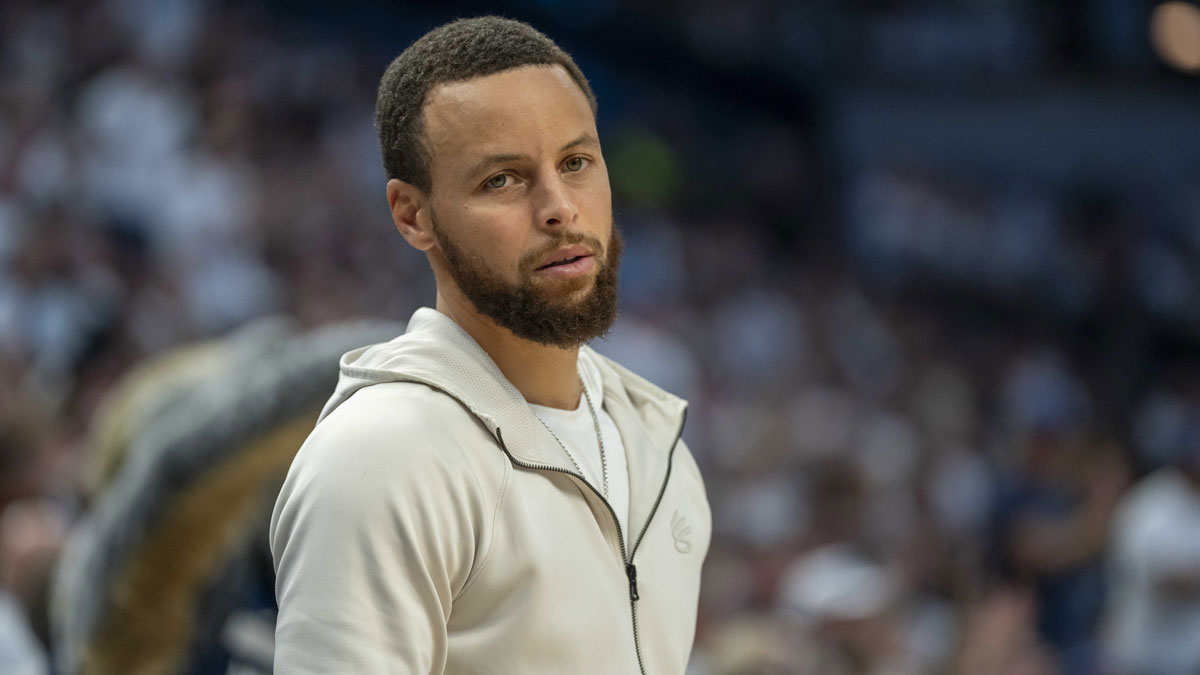
Don't confuse Curry, Green and Butler's confidence for naiveté. They understand the broad confluence of factors needed to win at the highest levels as well as any player in basketball, and followed Kerr's lead on Thursday by acknowledging that injury and shooting luck impact the title race every year.
Green went so far as to remind Warriors fans of the Cleveland Cavaliers' dire health circumstances a decade ago, when LeBron James took his depleted team to a 2-1 lead in the NBA Finals despite Kyrie Irving and Kevin Love sitting out with injuries. The Dubs righted the ship from there, relying on “Strength in Numbers” Cleveland sorely lacked to win the organization's first title in 50 years and tipoff a league-altering dynasty.
Four years later, Golden State lost out on a three-peat to the Toronto Raptors after Kevin Durant's mid-series return from a calf strain went disastrously awry and Klay Thompson's torn ACL ended dreams of a Game 6 comeback.
“The Minnesota Timberwolves ended our season,” Green said. “They beat us regardless of who we had on the floor. We were a playoff team and they're moving on. That's just…it sucks for Steph that he wasn't able to be out there because you work so hard for those moments to be in that situation. So I feel for him.
“But under no circumstance will I be like, oh, man, they're lucky. No, they won. Move on. We try to get better this off-season and try to do it again next year.”
Looking ahead, Golden State's power players echoed the same optimistic sentiments on the sweeping benefits of a first training camp spent together, internal growth from a young supporting cast and the front office's prospects of rounding out rough edges of the roster this summer. The Warriors will at least enter 2025-26 entrenched among contenders in the rough-and-tumble West, with the chance to compete toward the very top of the standings depending how the offseason unfolds.
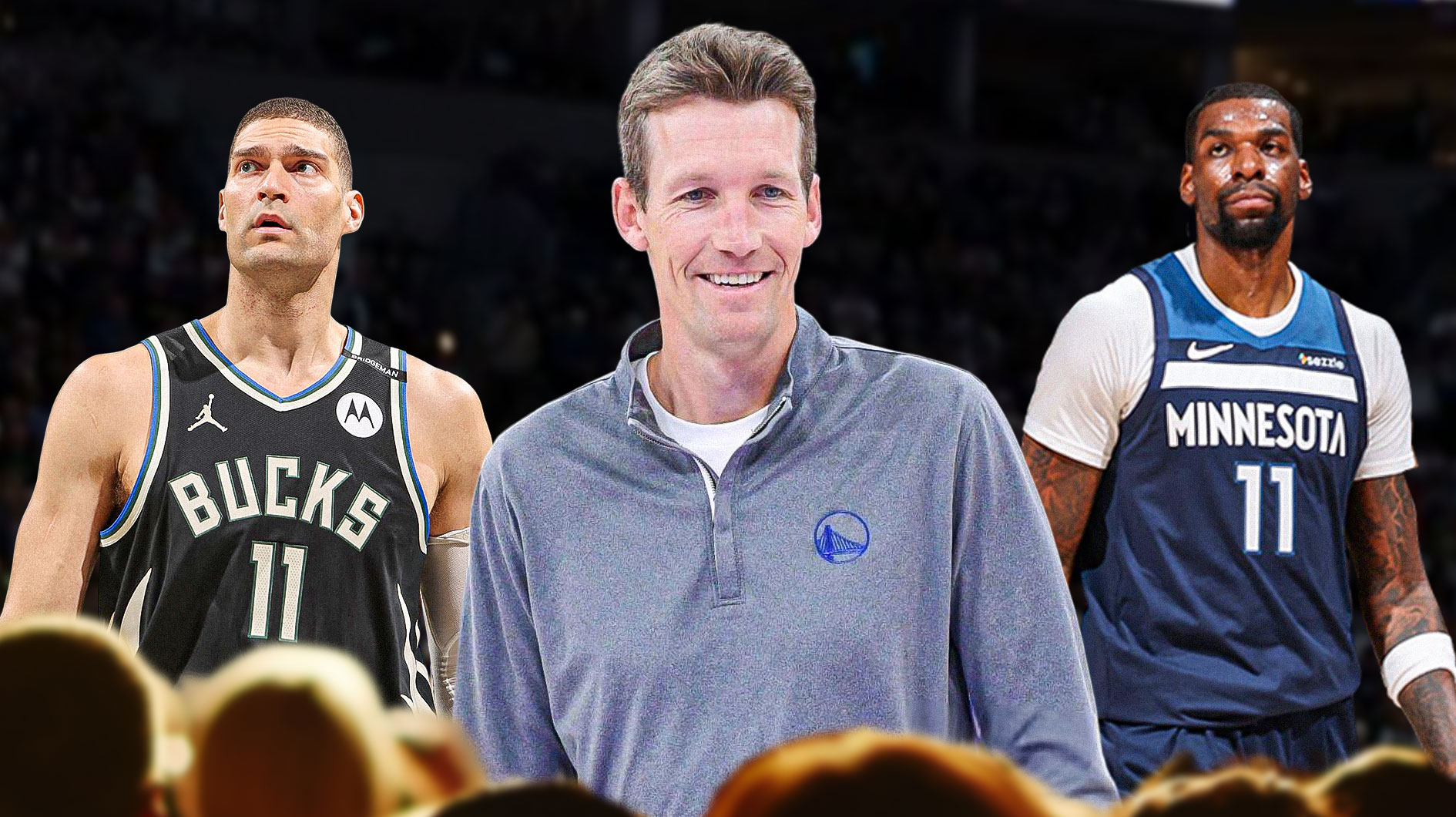
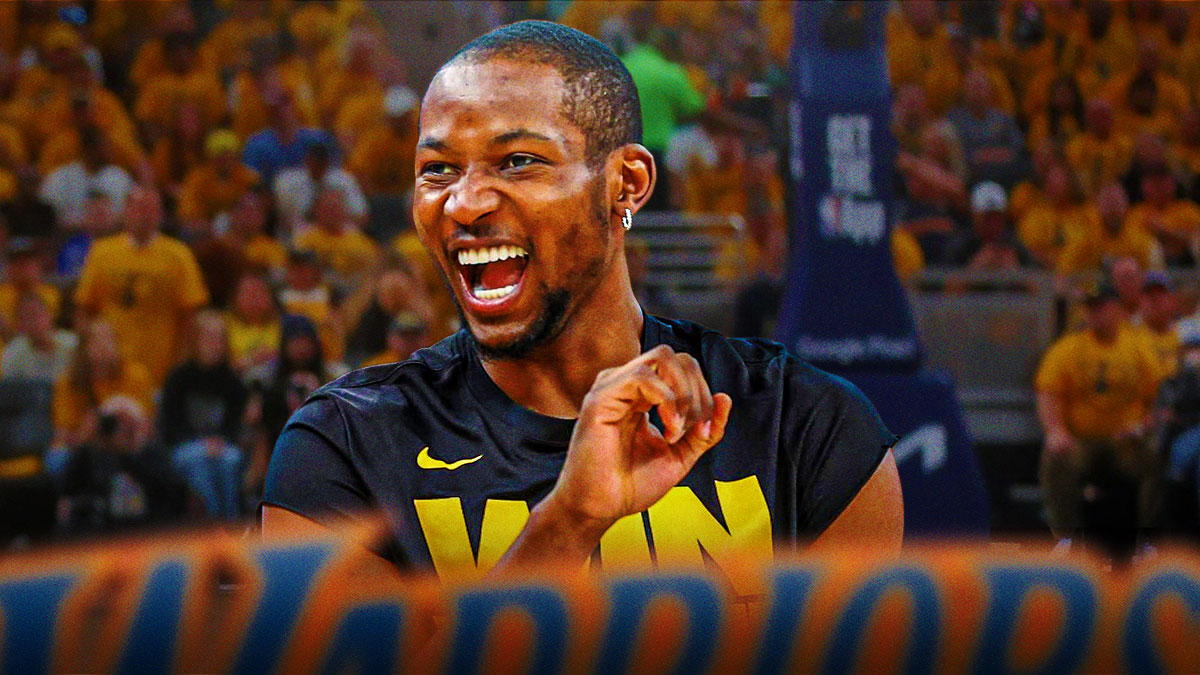
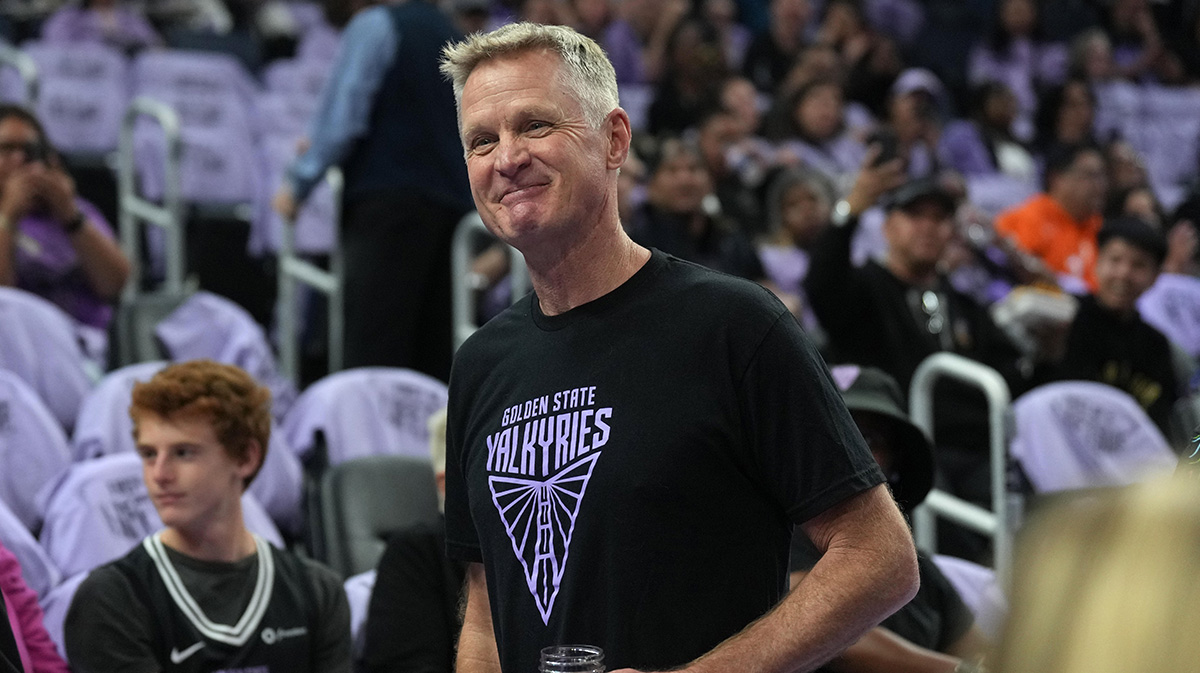
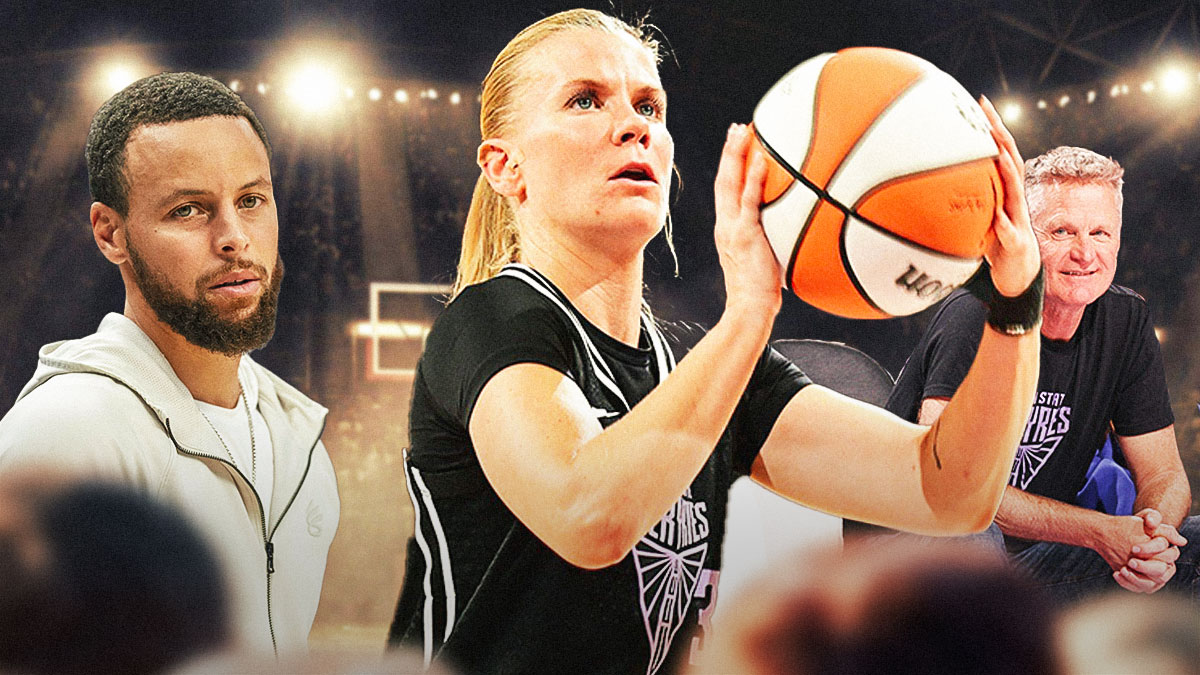
But nothing the Warriors can plausibly do between now and this time next year will mitigate effects of the most unavoidable obstacle on their path back to the Larry O'Brien Trophy: Age, Butler's insistence otherwise be damned.
The first soft tissue injury of Curry's iconic career came at the end of his 16th season, two days after the ascending Houston Rockets pushed Golden State to seven games. Though the pelvic contusion that cost Butler almost two full games against Houston sprung from an isolated incident as opposed to general wear and tear, it's still no wonder resulting discomfort lingered especially long for a 35-year-old. After stymying the Rockets down low over and over throughout an ultra-physical first round, Green allowed ugly 66.7% shooting at the rim versus Minnesota, his baseline lack of explosiveness fading fast as the playoff grind got tougher.
Not all “next years” are created equal in the NBA. As the Warriors are left to face 2025-26 a few weeks sooner than all of them anticipated, an increasingly fleeting postseason opportunity squandered, the front office's past refusal to maximize Curry's championship window deserves renewed scrutiny.
Golden State's longtime focus on future continues to plague Steph Curry
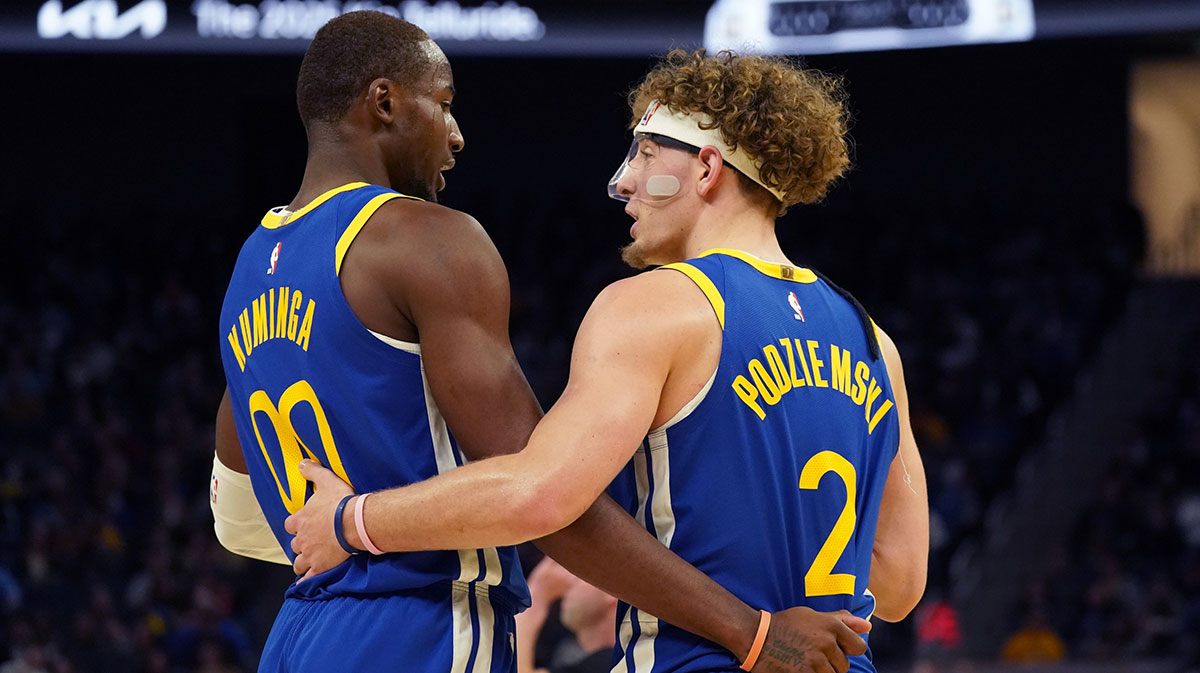
Butler's fit next to Curry and Green proved as seamless as possible from the beginning. Mike Dunleavy Jr. couldn't have found a better plug-and-play second star at the trade deadline than Butler. His acquisition by itself isn't what's left the Dubs still striving to reach top-tier contention in wake of their victory-lap title three years ago, with Curry sitting much closer to 40 than his mid-30s.
The delayed timing of a player like Butler's arrival is why Golden State might very well be left without any championship runway remaining. More than two full seasons removed from finally cutting ties with James Wiseman, this team's bust of a second overall pick in the 2020 NBA Draft, Joe Lacob and other lead decision-makers haven't even completely abandoned the failed “two-timeline” thinking that got Golden State here in the first place.
Jonathan Kuminga remains with the Warriors despite his ongoing struggles to do the grunt work Kerr has long required of his players. Only Curry's injury prevented the franchise-wide approach to Kuminga's status from being an abject disaster heading into restricted free agency, his trade value burnished following three impressive scoring outings against the Wolves.
But that relative success once he re-emerged from Kerr's rotational doghouse also stands to reinforce the staunch affinity that Lacob, specifically, has always had for Kuminga's highlight-filled game. No one would be surprised if the Warriors clung to Kuminga for one more season, potentially deflating his trade value one more time before making a final decision on his future.
Wiseman and Kuminga aren't the only homegrown young players who have left the Dubs high on their own supply.
Remember last July at Las Vegas Summer League, when a cheesing Lacob told ESPN that Podziemski was a future All-Star? He's more ingrained with Golden State after just two seasons than Kuminga's ever been, but those dreams of impending stardom have faded entirely. Podziemski projects as a solid backcourt starter at best, and his NBA destiny may be most realistically fulfilled as an impact third guard off the bench.
Moving off Wiseman for pennies on the dollar, well after the secret on his career was out, didn't doom the Warriors' hopes of extending their dynasty into the mid-2020s. Neither did their complete mismanagement of Kuminga, from the front office to the coaching staff, nor Lacob's wide-eyed assessment of Podziemski's future last summer as Dunleavay worked the phones for a blockbuster trade. Getting off Jordan Poole for a year of Chris Paul and long-term cap flexibility, among this team's biggest non-draft team-building mistakes, isn't why Golden State hasn't advanced past the Western Conference Semifinals since 2022-23, either.
It's all of those gaffes taken together that have the Warriors forced to fight Father Time until they finally lose that battle for good. Maybe the injury bug doesn't bite in next year's playoffs. Perhaps Podziemski or Moses Moody level up by then. Whether Kuminga remains in the Bay or not, his wild postseason ride should result in positive change for Golden State regardless. This roster, limited mechanisms as Dunleavy and company have to improve it, should be better in 2025-26.
But the Warriors, like every team in the league, will be just one hamstring strain, pelvic contusion, torn ACL or ruptured Achilles to their best players from what amounts to another failure. The difference for Curry, Green and Butler isn't just that they're running out of “next seasons,” but just as depressingly, that age makes them extra susceptible to the random major injuries and mounting physical grind that helps decide a new NBA champion every June.
